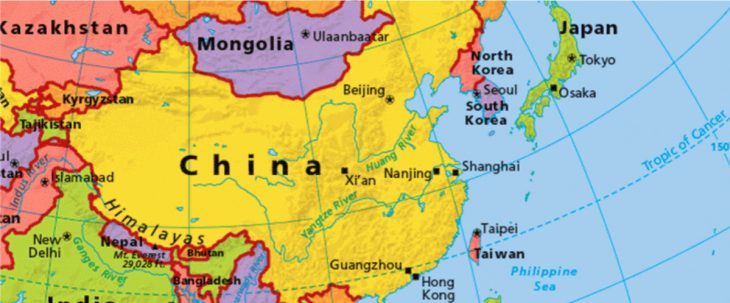Report: U.S. consumers have paid at least $905 million tab due to trade tariffs
by November 7, 2019 7:17 pm 841 views

National data released by Tariffs Hurt the Heartland shows American consumers and businesses have paid an additional $38 billion since the trade war with China began in February 2018 through September 2019.
The group says the first-time data shows the impact of the tariffs on $112 billion worth of mainly consumer-facing goods that went into effect on September 1, 2019. On these tariffs, Americans paid an additional $905 million in the first 30 days of the tariffs being implemented.
“This data offers concrete proof that tariffs are taxes paid by American businesses, farmers and consumers – not by China,” said Americans for Free Trade spokesperson Jonathan Gold. “This is why removing tariffs must be a part of the phase one deal. Unfortunately, while the trade negotiations are an encouraging sign, reports indicate the phase one deal being discussed does not address these tariffs that are already in place that have cost Americans $38 billion. Until all tariffs are removed, they will continue to do significant damage to American consumers, businesses and farmers.”
The trade coalition said the new data also shows the devastating impact of retaliatory tariffs on American exports. Chinese tariffs on American exports totaled $10.6 billion since the start of the trade war and topped $1 billion in September alone, the group states. The tariffs have focused heavily on American farm exports. The September data shows that exports to China that are subject to retaliatory tariffs are down nearly 30% from pre-trade war levels.
“This data shows the depth of the hole the trade war has created and why it’s going to be tough to dig out,” said Brian Kuehl, co-executive director of Farmers for Free Trade. “While it’s encouraging that Phase 1 talks are progressing, two years of economic pain won’t be undone by one-time ag purchases or partial deals. The true test of any deal to end the trade war will be whether the tariffs are fully rolled back. American farmers are the ‘show me’ type and they are still waiting to see a deal that actually ends the economic pain they are feeling.”
In September 2018, over 80 of the nation’s leading trade associations formed Americans for Free Trade, which came together to oppose tariffs and highlighting the benefits of international trade to the U.S. economy. This coalition, which includes the Walmart-led National Retail Federation, then joined with Farmers for Free Trade, which represents most of the nation’s largest ag commodity groups, to begin “Tariffs Hurt the Heartland” national campaign.
The date released this week by the Washington, D.C.-based trade coalition is culled from monthly export data compiled by the Census Bureau and the U.S. Department of Agriculture.
Mervin Jebaraj, director of the Center for Business and Economic Research at the Walton College of Business at the University of Arkansas, said the monthly U.S. trade data is reliable but noted it can be more difficult to analyze the consumer impact.
“Generally, those trade volume numbers I don’t have any quibbles with. But without knowing whether importers passed on costs to consumers or squeezed their own margins it’s hard to say much about jobs or how much consumers have paid,” Jebaraj told Talk Business & Politics concerning the ongoing trade war. “But in general, jobs have been lost or expansions cancelled, and people are paying more.”
